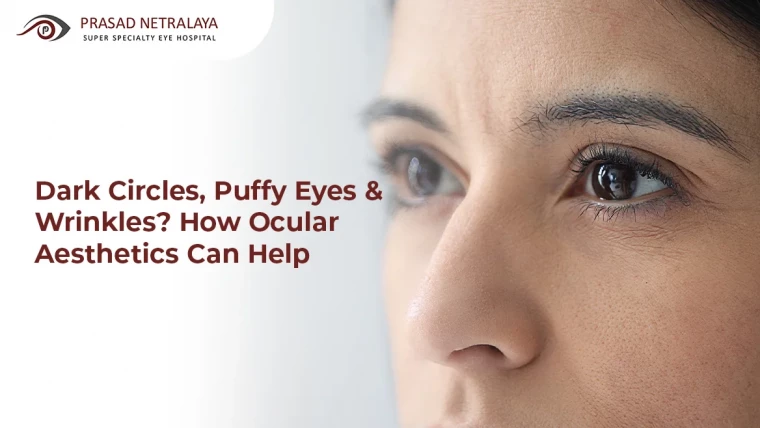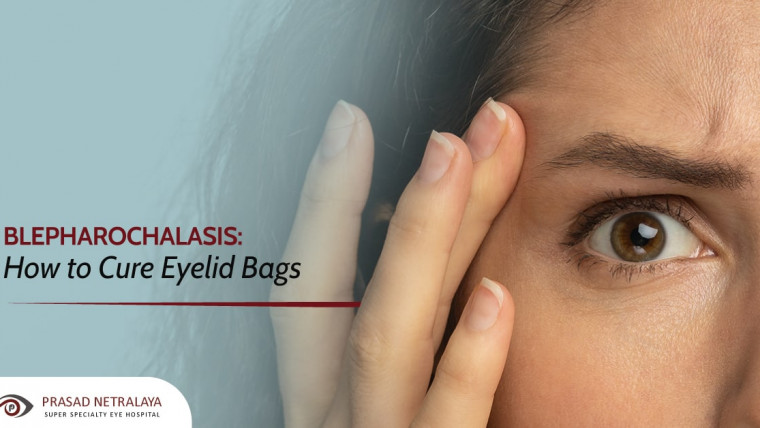There was a time when ‘fungus’ was mostly associated with rotten fruits or bread. But it’s not the same anymore. With time, fungi have evolved. As India continues to face an escalating health crisis with the COVID-19 pandemic, several people recovering from the disease have been affected by the black fungus disease — also called black fungal infection in India. It is what doctors and scientists call ‘mucormycosis’. In this blog, we will answer some of the common questions you may have regarding black fungus and the chances of vision loss due to the black fungal infection.
Table of Contents
Can Fungus Affect Humans?
It took fungi millions of years to evolve and get to how we see and experience them today. Fungal diseases are common among plants, but only a small fraction of them affect humans. This is because animals and humans have evolved to have strong and intricate immune systems.
However, when a human’s immune system has been severely affected by another illness — such as the COVID-19, severe diabetes or certain types of cancers — fungi can take advantage of this and invade human tissues.
What Causes Black Fungus Infection?
Mucor Formation
Black fungus, also called Mucor, produces millions of dark-hued, spherical structures that are microscopic and are called ‘spores’. These spores are dispersed in the air. When they land on moist surfaces, they start to germinate and produce thread-like structures called ‘mycelia’ that spread out and feed on sugars in their surroundings to grow.
When a patient or someone whose immune system has been compromised inhales the Mucor spores, they may develop mucormycosis. Note that all COVID-19 patients don’t have a chance of developing the disease.
Where Is Black Fungus Found?
Black fungus can be found in the environment, especially in soil and decaying organic matter such as leaves, compost piles, and rotten wood.
These fungi produce spores, which are dispersed in the air. As a result, you can get the infection through pulmonary exposure, which means that breathing in these spores can cause infection in the lungs and sinuses, which can spread to the brain, eyes, and face. Another way to contract this disease is through your skin; the fungus could enter your body, if you have a cut or scratch.
Who Does Black Fungus Affect?
The black fungal infection is currently seen more in patients suffering from COVID-19 with very low immunity or diseases like uncontrolled diabetes, HIV/AIDS, and Cancer. And also in those who fail to maintain proper mask hygiene after recovering from COVID-19.
How Is Mask Hygiene Connected To Black Fungus?
It has been observed that mucormycosis (black fungus) is on the rise in post-COVID patients. While their immunity goes down once they contract the viral infection, they also wear masks used multiple times — be it N95 or cotton masks. Because of the humidity in the air, the mask creates an ideal environment for the growth of fungus over 3-5 days, which goes straight into the respiratory system.
Is Black Fungus Contagious?
The infection is not contagious, meaning it cannot spread from person to person or from animal to person. It is spread by fungal spores in the air or the environment, which are almost impossible to avoid. But, there is no need to be concerned about contracting the black fungus from another person or the environment if you do not have covid-19 or other immune-suppressing diseases such as uncontrolled diabetes, HIV/AIDS, or cancer.
Is Black Fungus Dangerous?
Although black fungus is not contagious and appears simple in its early stages, it can be lethal if not treated quickly — or if left untreated. When Mucor attacks the sinuses, it spreads to the eyes, the brain and the central nervous system. Mucormycosis (black fungus) is an infectious disease through which many people recovering from COVID-19 have lost their vision.
What Are the Symptoms of Black Fungus Infection?
Some common black fungal disease symptoms include:
- Swelling and pain in your eyes
- Fever and headache
- Excessively running nose
- Blurred vision
- Reddish or dark spots around the nose and eyes, or either
- Facial pain
- Dark fluids or blood in cough
- Loss of eyesight
It is important to know that the disease has eye and vision-related symptoms. Patients often feel these symptoms are normal and delay getting them tested. This could lead to something severe. In some cases, patients’ eyes have had to be surgically removed because the infection could eventually spread to the brain through the eye. Removing their eyes was the only way to save their lives.
Can Black Fungus Be Cured?
The treatment for black fungus involves antifungal medications. However, in severe cases where the infection has consumed a specific area of your body, the infection must be surgically removed. It has the potential to cause disfigurement.
Controlling diabetes, lowering steroid use, and discontinuing immuno-modulating medicines are all crucial in treating this infection, thus it cannot be managed at home and requires immediate medical attention.
What’s Causing India’s Black Fungus Outbreak?
The black fungus epidemic in India came with the second wave of the covid-19 pandemic. The first cases were reported in western Maharashtra and Gujarat. Some of the main causes of the increase in black fungus in India are presumed to be:
- COVID-19 patients who were unaware that they had diabetes
- Overprescription of steroids to treat COVID-19 increased the chances of contracting black fungus
- Unhygienic hospitals and medical equipment
- Close contact with cow dung may increase the likelihood of recovering COVID-19 patients getting black fungus
But it is important to note that in many cases the causes of black fungus are unclear and cannot be pinpointed due to lack of evidence.
Ways To Prevent Black Fungus Infection
While there are no sure-shot ways to prevent the disease, here are a few precautionary measures that can be taken:
- Mask hygiene must be strictly adhered to — they must be changed daily or washed and dried in sunlight to avoid mucor accumulation and fungus growth.
- Sugar levels in yourself, as well as those around you, must be monitored.
- Society must be educated about the disease.
- Though black fungus is not contagious, COVID-19 is, patients must stay indoors till they regain their previous levels of immunity and strength.
If you see black fungus symptoms in yourself or those around you, you should immediately contact an experienced eye doctor. If you have questions regarding it or want to have your eyes examined — get your eyes checked and treated at Prasad Netralaya, Mangalore and Udupi’s most trusted eye care hospital. Call us at +91 9513596565 or book an appointment if you wish to visit in person. You can also book a teleconsultation.



